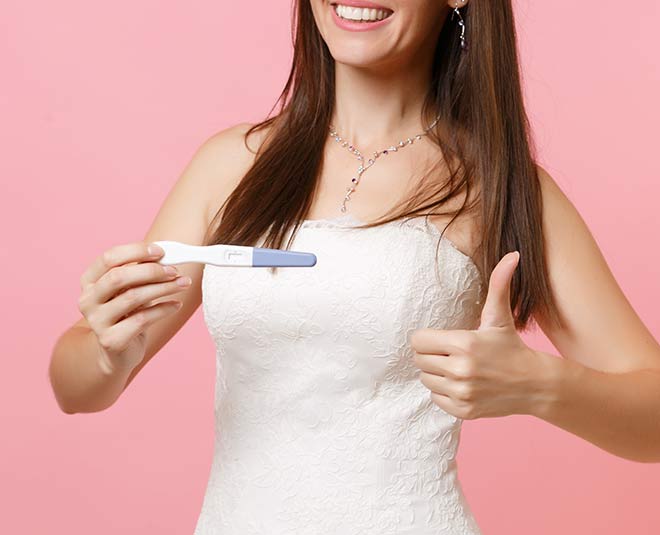
In today’s fast pace world, people look for financial stability and personal goals before starting a family. But how should you know if it is too late for you to try as infertility comes with increasing age? The average reproductive period of a female begins from puberty at 12 and ends at around 51 years of age.
Dr. Pragya Sharma, Fertility Consultant at Nova IVF Fertility East, Patna says, “As per studies, the peak reproductive age for women to conceive is during late 20s and early 30s. This is because with the increasing age, fertility starts declining among women, especially after they turn 35.”
Unlike men who can produce sperms, women are born with all the eggs at once. The number of eggs starts falling with ageing. After 35, women enter the advanced maternal age, which involves many risks.

Dr. Pragya Sharma, “Biologically, getting pregnant during the 20s is the best time to start a family. With regular sexual intercourse, most women can conceive in their 20s. The chances of conceiving are more in early 20s because there is less scope for infertility.”
During puberty, women have about 3,00,000 eggs in each ovary and out of these, 400-500 will be released during menstrual cycles. The rest of the eggs start getting older with ageing, degrading their quality and quantity.
The chances of miscarriage, as well as chromosomal abnormalities among children, are low. Also, women in their 20s are less likely to suffer from health conditions like fibroids and endometriosis. Early pregnancy can be good for you as you are free from severe health conditions which develop over time, like high blood pressure and diabetes. Parenting in the early years is easier as you have more energy to breastfeed and manage day-to-day activities.
There can be a few cons of early pregnancy like you will have less time to work towards your career, especially if you have conceived in your early 20s. Also, you might not be financially stable or settled at this time. This can even get tough on your relationship as you start facing the realities of having a baby.
Don't Miss:Omicron: Is It Healthy For Women To Conceive At This Time?

“As said already, the quality of eggs deteriorates after you turn 35. Apart from this, health conditions like hypertension, diabetes, reproductive issues etc are likely to increase with age. In such conditions, carrying a child can seem hard. Moreover, as the quality of egg and sperm deteriorates, there are more chances that your child might suffer from chromosomal abnormalities like Down’s syndrome,” says Dr. Pragya Sharma.
During 30s & 40s, you are at high risk of developing tubal infections and endometriosis, which impact fertility. There are also other risks of conceiving after 35 like:
Apart from cons, there are several positive sides to late pregnancy like you and your partner can work towards career goals. You can also spend your 20s and early 30s creating a financially stable environment for your family. Moreover, you can completely focus on your child without taking any stress related to work or money.
Don't Miss:How Has Feminine Hygiene And Sexual Wellness Industry Transformed In 2021? Expert Explains

“If you or your partner are infertile, which naturally occurs during late 30s and 40s, you can consider assisted reproductive technologies (ART), which can help you conceive. Methods like in-vitro fertilization, intrauterine insemination (IUI), etc., can treat infertility. You can also consider egg-freezing if you are planning for late pregnancy. The method can preserve the quality of frozen eggs if the treatment takes place early,” says Dr. Pragya Sharma.
“Doctors consider the late 20s and early 30s to be the best childbearing age for women. If you face any issues in conceiving for a long time, seek medical advice for early diagnosis and treatment of the underlying condition,” she adds.
For more such stories, stay tuned for more such stories.
Also watch this video
Herzindagi video
Our aim is to provide accurate, safe and expert verified information through our articles and social media handles. The remedies, advice and tips mentioned here are for general information only. Please consult your expert before trying any kind of health, beauty, life hacks or astrology related tips. For any feedback or complaint, contact us at compliant_gro@jagrannewmedia.com.